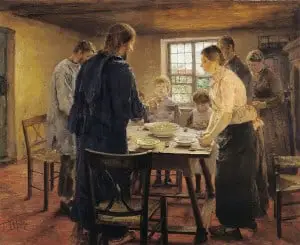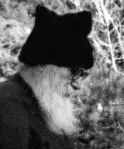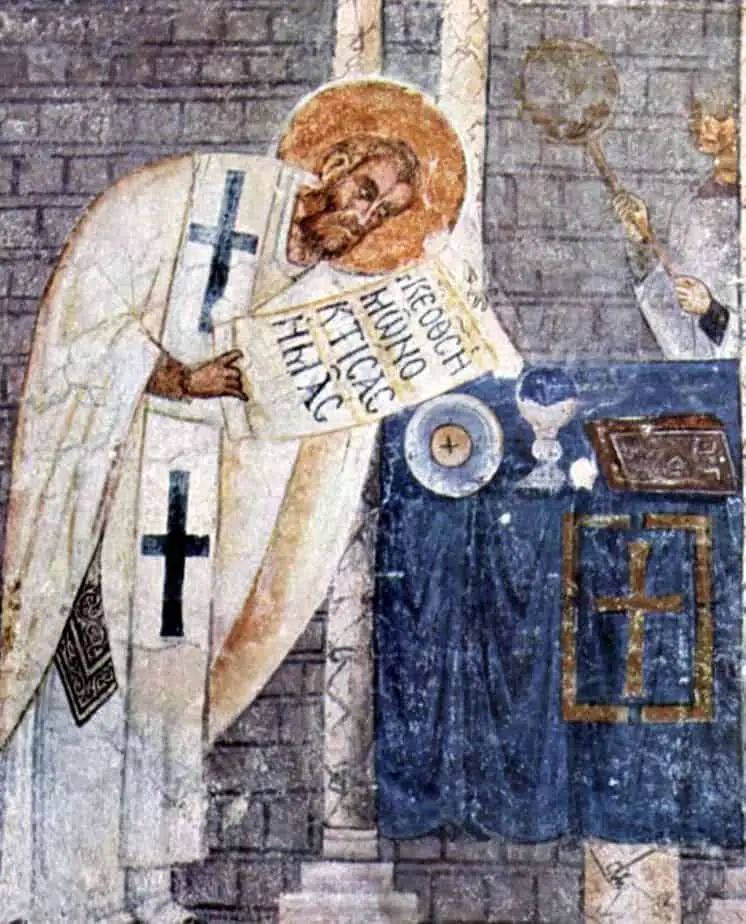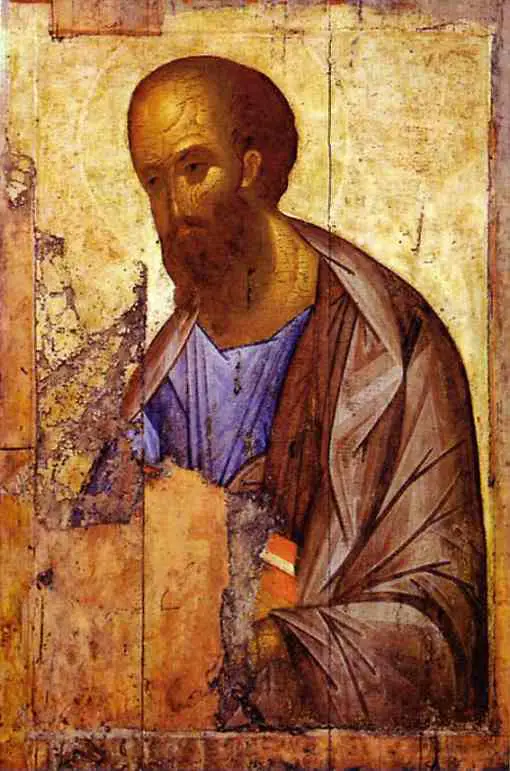St. Basil the Great: On Giving Thanks to the Creator

As thou takest thy seat at table, pray. As thou liftest the loaf, offer thanks to the Giver. When thou sustainest thy bodily weakness with wine, remember Him Who supplies thee with this gift, to make thy heart glad and to comfort thy infirmity. Has thy need for taking food passed away? Let not the thought of thy Benefactor pass away too. As thou art putting on thy tunic, thank the Giver of it. As thou wrappest thy cloak about thee, feel yet greater love to God, Who alike in summer and in winter has given us coverings convenient for us, at once to preserve our life, and to cover what is unseemly. Is the day done? Give thanks to Him Who has given us the sun for our daily work, and has provided for us a fire to light up the night, and to serve the rest of the needs of life. Let night give the other occasion of prayer. When thou lookest up to heaven and gazest at the beauty of the stars, pray to the Lord of the visible world; pray to God the Arch-artificer of the universe, Who in wisdom hath made them all. When thou seest all nature sunk in sleep, then again worship Him Who gives us even against our wills release from the continuous strain of toil, and by a short refreshment restores us once again to the vigour of our strength. Let not night herself be all, as it were, the special and peculiar property of sleep. Let not half thy life be useless through the senselessness of slumber. Divide the time of night between sleep and prayer. Nay, let thy slumbers be themselves experiences in piety; for it is only natural that our sleeping dreams should be for the most part echoes of the anxieties of the day. As have been our conduct and pursuits, so will inevitably be our dreams. Thus wilt thought pray without ceasing; if thought prayest not only in words, but unitest thyself to God through all the course of life and so thy life be made one ceaseless and uninterrupted prayer.”
+ St. Basil the Great, from Homily V. In martyrem Julittam, quoted in the Prolegomena in Nicene and Post-Nicene Fathers Series II Volume 8
Get The Complete Ante-Nicene & Nicene and Post-Nicene Church Fathers Collection which can be read with the the free Kindle reading app. This includes 3 Series, 37 Volumes, 65 Authors, 1,000 Books, 18,000 Chapters, 16 Million Words.
St. Basil the Great: On Giving Thanks to the Creator Read More »




